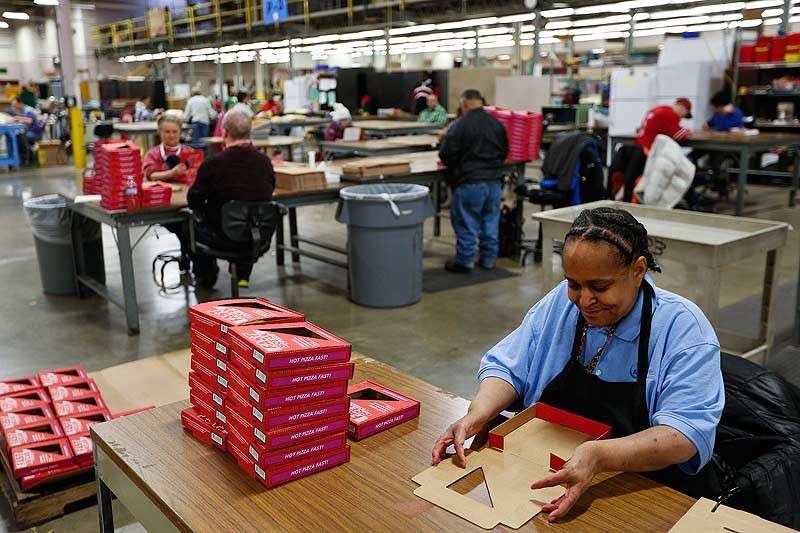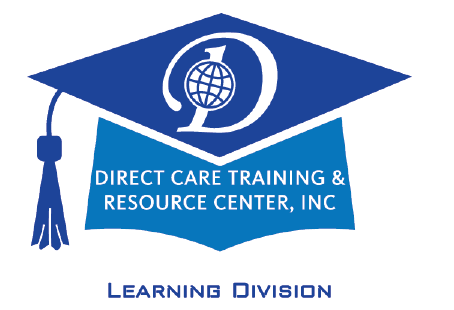The term sheltered workshop refers to an organization or environment that employs people with disabilities separately from others, usually with exemptions from labor standards, including but not limited to the absence of minimum wage requirements.
In the United States, an exemption in the Fair Labor Standards Act of 1938 allowed a lower minimum wage for people with disabilities, intended to help disabled World War I veterans have opportunities for employment. Since then, non-profit organizations have hired disabled workers in sheltered workshops, with about 300,000 individuals working in this arrangement in 2015.
At the end of the 20th century, a movement to end sheltered workshops gained traction, with supporters stating that the jobs pay low wages, lack advancement training and opportunities, (permanently trapping disabled people in those jobs while reducing their independence), and are discriminatory because they segregate disabled workers into separate work environments. Disability service providers, many parents, and disabled workers themselves support the workshops and state that eliminating the minimum wage exemption would eliminate those jobs and the choice to work (because many with severe disabilities will never be able to perform at the level of an ordinary worker) and thereby prevent disabled people from enjoying the many non-wage benefits of work (like a sense of pride for their societal contribution), and replace it with adult day care. By 2020, seven states had passed laws banning subminimum wages. It is for this reason that sheltered workshops must establish their value and credibility before insurers paying the bills eliminate them altogether.
Among the means of establishing and maintaining credibility is sticking to the definition. Be busy performing work for outside employers, not simple tasks that benefit the sheltered workshop operator or you run the “risk” of being accused of self-serving fraud, since many of the benefits noted below would not exist.
Now, please note other important reasons to polish your operation:
A sheltered workshop for individuals with brain injuries can benefit from involving work with outside employers for several reasons:
A sheltered workshop for individuals with brain injuries can benefit from involving work with outside employers for several reasons:
1 . Vocational Training and Skill Development: Working with outside employers provides an opportunity for individuals with brain injuries to receive vocational training and develop valuable skills. They can learn specific job tasks, acquire job-related skills, and gain experience in a real work environment. This training can enhance their employability and increase their chances of finding employment outside the sheltered workshop in the future.
2 . Integration and Social Inclusion: Involvement with outside employers promotes integration and social inclusion. It allows individuals with brain injuries to interact with people who do not have disabilities, fostering a sense of belonging and normalcy. This integration can help reduce stigmatization and enhance social skills, communication, and community participation.
3 . Real-World Work Experience: Working with outside employers exposes individuals with brain injuries to real-world work environments, which better prepares them for the challenges they may face in the open job market. They can gain exposure to different work settings, professional expectations, and workplace dynamics, enabling them to adapt more easily when seeking employment independently.
4 . Increased Job Opportunities: Collaboration with outside employers expands the range of job opportunities available to individuals with brain injuries. It allows them to explore various industries, job types, and career paths. It also helps employers recognize the capabilities and potential of individuals with brain injuries, potentially leading to more inclusive hiring practices in the future.
5 . Enhanced Self-Esteem and Empowerment: Meaningful work and the ability to contribute to the workforce can significantly boost self-esteem and feelings of empowerment for individuals with brain injuries. Working with outside employers provides a sense of accomplishment, validates their skills and abilities, and helps build confidence in their capabilities.
6 . Financial Independence: By engaging in work with outside employers, individuals with brain injuries can earn wages or stipends, enhancing their financial independence. This financial stability can improve their overall quality of life and reduce reliance on disability benefits or other forms of financial assistance.
It’s important to note that while involvement with outside employers can be beneficial, it should be done in a manner that respects the individual’s abilities and provides appropriate support. The sheltered workshop should ensure that the work tasks assigned are suitable for the individual’s capabilities and provide necessary accommodations or modifications to facilitate success in the workplace.
If you operate a sheltered workshop or would like to and would like our assistance in soliciting work from outside employers, we are never more than an email away.
projectmanagement@directcaretraining.com.

Another Blog Post by Direct Care Training & Resource Center, Inc. Photos used are designed to complement the written content. They do not imply a relationship with or endorsement by any individual nor entity and may belong to their respective copyright holders.
| Follow us in the Social Stratosphere… | ||||
|
|





